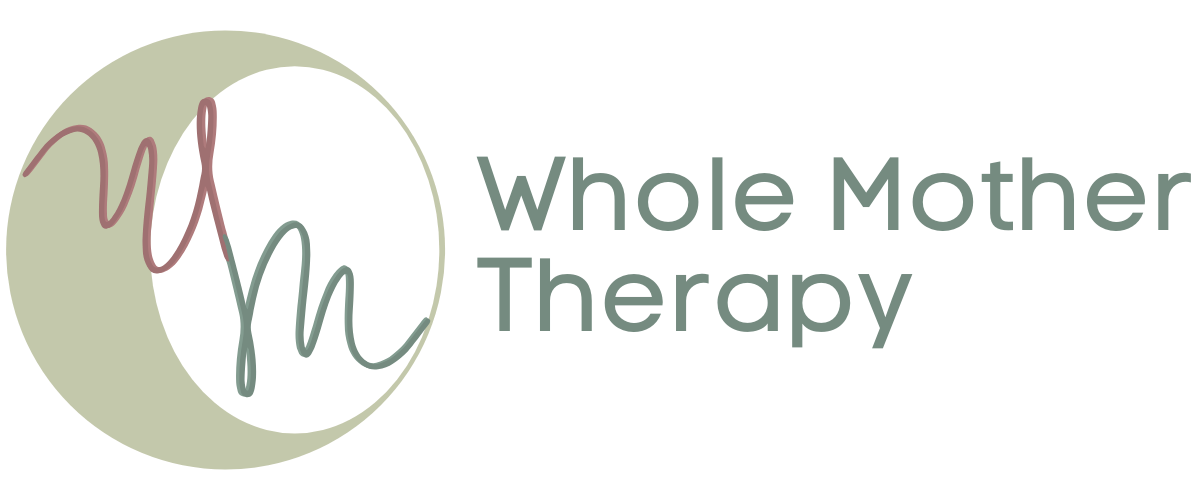Thanksgiving from the Perspective of an Immigrant Parent
This has been a year in which many of us have started seeing things from new, different, intersectional perspectives. November has had me thinking of Thanksgiving and the meaning and symbolism of the holiday. For a while now I’ve felt uncomfortable celebrating it. Because of COVID and the rising numbers of the infected, we made the decision this year not to do our annual extended family gathering, which suited me just fine.
I’ve been following a lot more Native and Indigenous accounts on Instagram, and I’ve engaged in my own uncomfortable and at times painful decolonization work. Something that I’ve been thinking a lot about these last few weeks is the role of refugees/immigrants as settlers and colonizers in the United States.
The Brutal Price of Assimilation
As a refugee turned immigrant turned American citizen, I can say with certainty that my parents were not aware of the intricate and brutal history of the Native American genocide. They were focused on surviving as political refugees escaping persecution, torture, and potential death in Iran. The irony, of course, is that America has never been a safe place for BIPOC refugees/immigrants (but that’s a story for another day). Part of emigrating into a white supremacist culture is the brutal price of assimilation, which requires the complete erasure of your identity so that you can survive. Like so many, we adopted American Christian holidays without knowing or realizing the harm of what, for example, Thanksgiving symbolizes.
Now as an adult and a mother, I grapple with the inadvertent harm my parents’ actions—and by extension my actions—have contributed to the Native American erasure in this country. It cannot be denied that fleeing for our lives was a direct result of imperialism, white supremacy, and capitalism rampaging through the SWANA (South West Asia and North Africa) region. The irony is not lost on me that we escaped to the very country responsible for destroying self-elected democracy in Iran, a calamity that eventually led to the 1979 revolution and the Islamic theocracy still in power today.
Even though I am not tied to this land ancestrally, I have chosen to make the United States my home. I have married a white man and birthed a bi-ethnic child. As such, it is my responsibility as a parent to educate myself and my child about the truth of Thanksgiving and find ways to support my Native American brothers and sisters.
Imperialism, white supremacy, and capitalism have forever woven my legacy into the United States. I do not carry the burden of the white folx of this country, but I carry the burden of unconsciously contributing to the harm, displacement, and disenfranchisement of the Native American population.
Doing the Work of Decolonization
Part of decolonization work is decolonizing how we parent and choosing to acknowledge and embody the wisdom gained by working through the harm our actions have caused, whether consciously or unconsciously. It is holding ourselves, our family, and our community accountable to hard truths with kindness and compassion.
I don’t know how future Thanksgivings will look for our family (though I’m positive we’ll be giving it a new name). I don’t have any hard and true answers. Just a willingness to hold the complexities and discomfort of how my family’s immigration story contributed to the harm of the Indigenous population of this country. And that’s the least I can do as a mother, as a human—and as an American.
Let’s talk.
We would love to connect with you.

